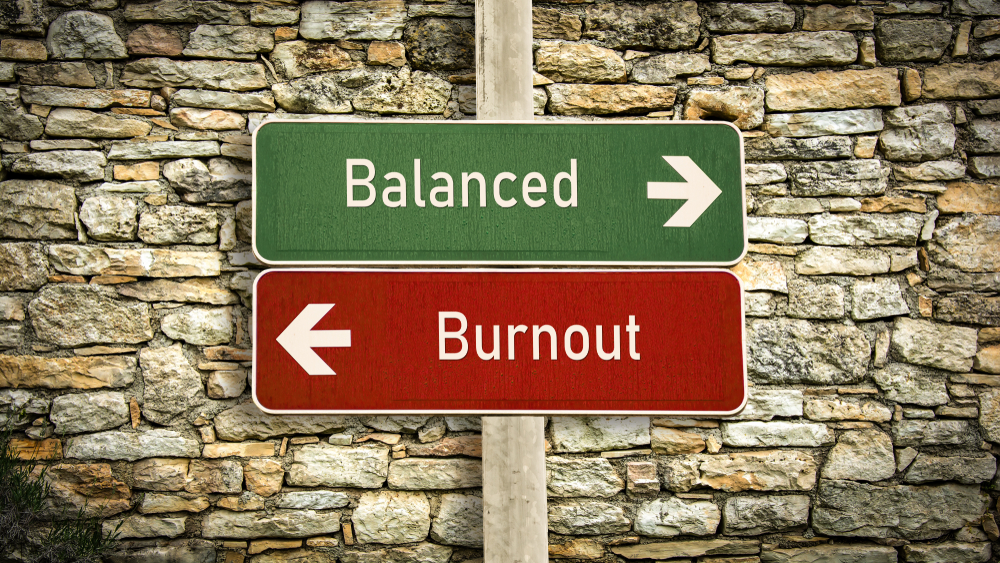Ever been stuck in a rut when despite being productive at work, you felt demotivated and drained? Or your energy levels dipped and you felt a lack of achievement despite accomplishing what you wanted to? These symptoms, along with negative feelings and an increased mental distance from your job are categorized as the “burnout syndrome”. 41% of workers from the U.S.A. felt burnt-out during the pandemic. All too often, despite being interested in and liking one’s job, people experience burnouts. In such situations, it becomes difficult to manage your deliverables while working on your recovery at the same time.
Here are some ways you can tackle this situation:
Better time management. The work one has at hand often stretches into weeks, and sometimes, months. While making a list of things to do, it’s easy to fall into the trap of writing down all the tasks you have for days on end. This is ineffective and the mind gets overwhelmed with too much information.
Many people believe that if you have more than one task on your to-do list per day, you’re getting it wrong. Some people believe in choosing only three top tasks per day and accomplishing them. Remember, though: time management methods need to be tailor-made for each person. Finding out what works for you best comes through a process of trial-and-error, and in the long run, helps with better time management. As the Zen proverb goes, “If you don’t have time to meditate for an hour every day, you should meditate for two hours.”
When you manage your time better, you free up space in your day to work on your passion projects, spend time with friends and family, and re-energize yourself before starting another day. Many people work until they are too tired to work anymore and in doing so, pave the way for their eventual burnout.
Communicating with your colleagues. While experiencing a burnout and working on your recovery, things get easier if you can share your concerns with a colleague or your boss. However, many people hesitate to speak up about their concerns. A good way to start is by confiding in a friend at work. This helps you gain some support and understand how to verbalise your problems. While speaking to your boss, stick to the facts. If your credibility at work has been sound, start off with a statement like “If it wasn’t important, I wouldn’t bring this up…” This will set the tone for an open and honest conversation.
Expecting the entire conversation to take place without a hitch might be slightly unrealistic. So go into the discussion anticipating some level of cross-questioning and discomfort, especially, if you’re looking for deadline extensions or for taking on fewer deliverables. Setting the right expectations will help you regulate your emotions leading up to and during the conversation.
You can also find some more tips to tackle burnout in our earlier article here.
As the saying goes, when you’re tired, learn to rest, not to quit. Many people experience variations of a burnout at different stages in their career. That’s why pausing to revaluate and refresh yourself can be invaluable in helping you emerge stronger and calmer from the situation.








